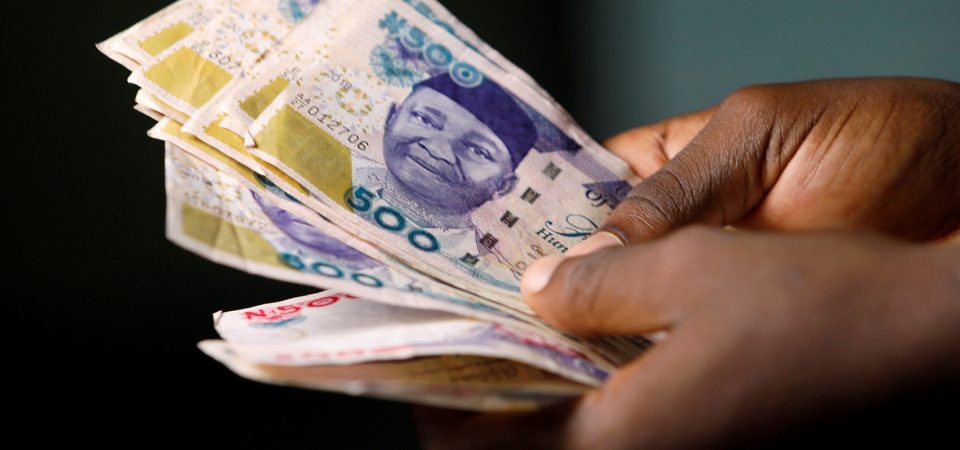Old naira notes remain legal tender indefinitely – CBN
The Central Bank of Nigeria (CBN) says the old naira notes will remain legal tender indefinitely. Daily Trust reports that the CBN had introduced redesigned N200, N500 and N1,000 denominations in October 2022 and certain deadlines were set for the old notes of these denominations to cease as legal tender. But on Tuesday, the informed […]

The Central Bank of Nigeria (CBN) says the old naira notes will remain legal tender indefinitely.
Daily Trust reports that the CBN had introduced redesigned N200, N500 and N1,000 denominations in October 2022 and certain deadlines were set for the old notes of these denominations to cease as legal tender.
But on Tuesday, the informed the public of its desire to extend the legal tender status deadline of the old design of N200, N500 and N1,000 denominations, “ad infinitum”.
In a statement, the bank’s Director, Corporate Communications, Isa AbdulMumin, said the CBN branches in Nigeria will continue to issue and accept all denominations of the bank notes, old and redesigned, to and from deposit money banks (DMBs).
Tinubu’s govt inherited an empty treasury – NSA
Things are getting worse, labour leaders tell Tinubu
“All banknotes issued by the Central Bank of Nigeria (CBN), in accordance with Section 20(5) of the CBN Act 2007, will continue to remain legal tender, ad infinitum, even beyond the initial December 31, 2023, deadline.”
“The Central Bank of Nigeria is working with the relevant authorities to vacate the subsisting court ruling on the same subject. The general public is enjoined to continue to accept all Naira banknotes (old or redesigned) for day-to-day transactions and handle these banknotes with utmost care, to safeguard and protect the lifecycle of the banknotes.
“Also, the general public is encouraged to embrace alternative modes of payment, e-channels, for day-to-day transactions.”
Daily Trust had reported how naira scarcity is biting harder across the country as banks have limited cash withdrawals.
Residents of Lagos, Abuja, Kano, Katsina, Jigawa and Adamawa and in other parts of the country had expressed concerns over their inability to withdraw huge cash in their banks, raising fears of scarcity as experienced during the naira swap.
This has also affected business transactions in local markets, especially in the northern part of Nigeria where buyers and sellers prefer to deal in cash instead of bank transfers.
Daily Trust had, on November 1, reported that cash scarcity had resurfaced in Borno and Kano states as the December 31 deadline for the use of the old N200, N500 and N1,000 banknotes draws nearer.
The report had forced the Central Bank of Nigeria (CBN) to explain that “The seeming cash scarcity in some locations is due largely to high volume withdrawals from the CBN branches by Deposit Money Banks (DMBs) and panic withdrawals by customers from the Automated Teller Machines, ATMs).”
